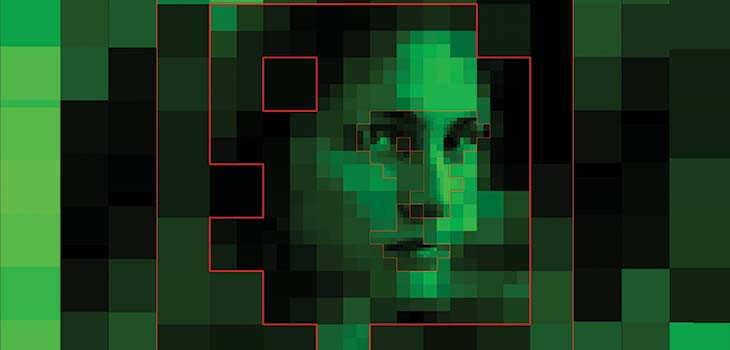
- Advocates for a legal framework to protect individuals exposed to non-consensual deepfakery.
- Looks at the possibility of intellectual property and defamation laws being applied in civil claims.
- Notes legislative steps have been made, with more on the way, but there are still no specific civil remedies made available for those affected by deepfake technology.
One of ITV’s recent TV releases, Deep Fake Neighbour Wars, a comedy show that sends up celebrities, has attracted hostile feedback from some quarters. The reason is its use of deepfake technology to put celebrity faces on actors’ bodies.
Whether it’s Adele driving a London bus, or Idris Elba arguing with Kim Kardashian over the garden fence, the technology creates a fairly convincing fake and therefore an effective spoof.
The show is a clear use of deepfake technology being shown in an amusing way; however, the technology itself can be harmful.
What is deepfake technology?
Deepfakes are a









